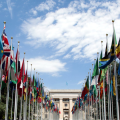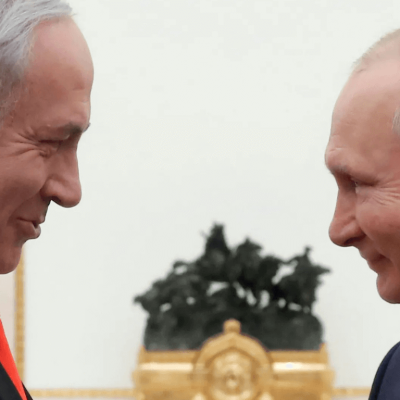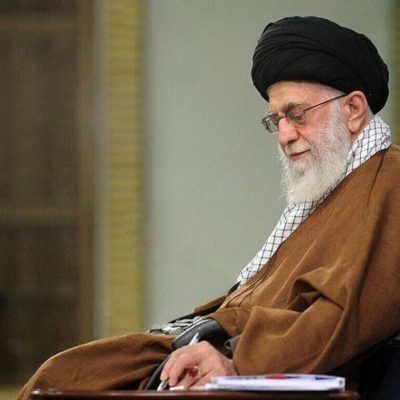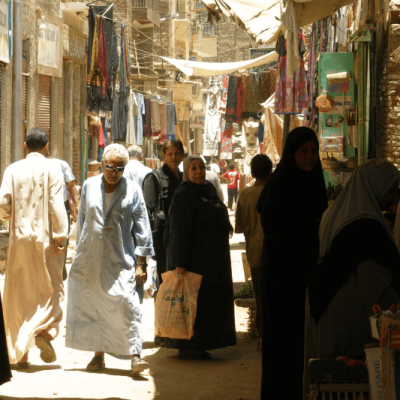Israel’s Defense in the ICJ: A Perspective from Arab Nations
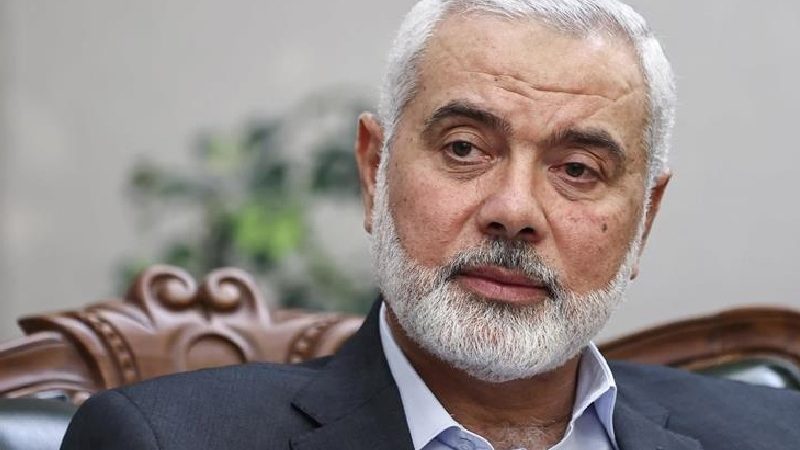
Israel has officially decided to participate in the International Court of Justice (ICJ) proceedings to address the genocide crime case brought forth by South Africa. The decision, following intense discussions among top Israeli officials and Prime Minister Benjamin Netanyahu, signifies the country’s commitment to engage in the legal process rather than boycotting it. Media is rapidly talking about South Africa’s genocide case, reactions are getting attention, we are here to provide insights into the unfolding scenario, examining the legal framework, arguments presented, and Israel’s response… which is might missing in media coverage!
The Legal Landscape: 1948 Convention on Genocide
At the core of the case is the 1948 Convention on the Prevention and Punishment of the Crime of Genocide, a pivotal document established in the aftermath of World War II and the Holocaust. The convention explicitly defines genocide as acts committed with the “intent to destroy, in whole or in part, a national, ethnic, racial, or religious group.”
South Africa’s Case: Genocidal Actions in Gaza
South Africa, in its 84-page filing, asserts that Israel’s military actions in Gaza are genocidal. The argument suggests an intent to bring about the destruction of a substantial part of the Palestinian population in Gaza. The filing calls for legally binding rulings, urging the ICJ to declare Israel in breach of its obligations under the Genocide Convention, cease hostilities in Gaza, offer reparations, and contribute to the reconstruction of the damaged region
“Israel has engaged in, is engaging in and risks further engaging in genocidal acts against the Palestinian people in Gaza,” the African country said.
Israel’s Response: Swift Rejection and Defense Strategy
In a statement late on Monday, Israel’s national security adviser, Tzachi Hanegbi, emphasized Israel’s longstanding commitment to the convention against genocide. He stated that Israel would not boycott the proceedings but would actively defend itself against what he referred to as an “absurd blood plot.”
“Israel has signed the convention against genocide for decades, and we will certainly not boycott the proceeding, but stand up and repel the absurd blood plot against us,” Israel’s national security adviser, Tzachi Hanegbi, said in a statement.
The Israeli army and the Attorney General’s Office have initiated preparations to address the case at the ICJ, as reported by Haaretz Daily. The legal response comes after South Africa filed an application at the ICJ, accusing Israel of alleged violations of the Convention on the Prevention and Punishment of the Crime of Genocide in connection with Palestinians in the Gaza Strip.
The ongoing conflict between Israel and Hamas triggered the legal action. Israel vehemently rejected the accusations, with the Israeli Foreign Ministry condemning South Africa’s move as a “blood libel” against Israel. The conflict, marked by Israeli attacks in Gaza, has resulted in significant casualties and extensive damage to the enclave’s infrastructure.
Israel’s decision to defend itself before the ICJ is a notable departure from its usual stance of dismissing international cases as biased. It reflects a concern for potential damage to Israel’s reputation and demonstrates a willingness to engage with the international community on the allegations.
Keep Reading
Eylon Levy, an official in the Israeli Prime Minister’s office, accused South Africa of providing “political and legal cover” to the October 7 attack by Hamas. Despite the engagement with the ICJ, Prime Minister Benjamin Netanyahu has vowed to continue the war until Hamas is defeated and hostages in Gaza are freed, a process he anticipates could take several more months.
“The state of Israel will appear before the International Court of Justice at the Hague to dispel South Africa’s absurd blood libel,” Eylon said.
As Israel faces increasing international pressure to scale back its offensive, the ICJ proceedings add a new dimension to the diplomatic and legal challenges surrounding the conflict. The court’s ruling, if against Israel, could have political and economic ramifications, potentially isolating the country on the international stage.
The situation remains complex, with ongoing military operations, diplomatic pressures, and the need to address postwar arrangements for Gaza. Israel’s decision to participate in ICJ proceedings underscores the gravity of the accusations and the importance it places on defending its actions within the framework of international law.
The engagement of Israel in the ICJ proceedings, defending against allegations of genocide in the Gaza conflict, marks a significant development. As legal processes unfold, the outcomes will not only impact Israel’s standing but also contribute to the broader discourse on accountability, justice, and diplomatic relations in the context of ongoing conflicts.


